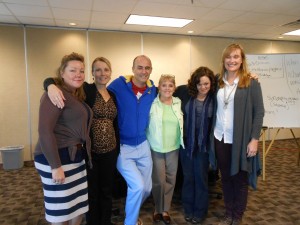This morning when I left my house, my son came to hug me goodbye. He stopped suddenly and listened, exclaiming ‘woodpecker’. I stopped too. All the noise in my head about leaving, driving, trains, my day ahead… all cleared and I heard the woodpecker drilling into a tree. I saw a leaf flitter across the lane and closed my eyes, just for a moment.
A poem came to me. One I had learned at my desk at school and I could recall every word…
Leisure, by WH Davies
What is this life if, full of care,
We have no time to stand and stare?
No time to stand beneath the boughs,
And stare as long as sheep and cows,
No time to see, when woods we pass,
Where squirrels hide their nuts in grass:
No time to see, in broad daylight,
Streams full of stars, like skies at night:
No time to turn at Beauty’s glance,
And watch her feet, how they can dance:
No time to wait till her mouth can
Enrich that smile her eyes began?
A poor life this if, full of care,
We have no time to stand and stare.

